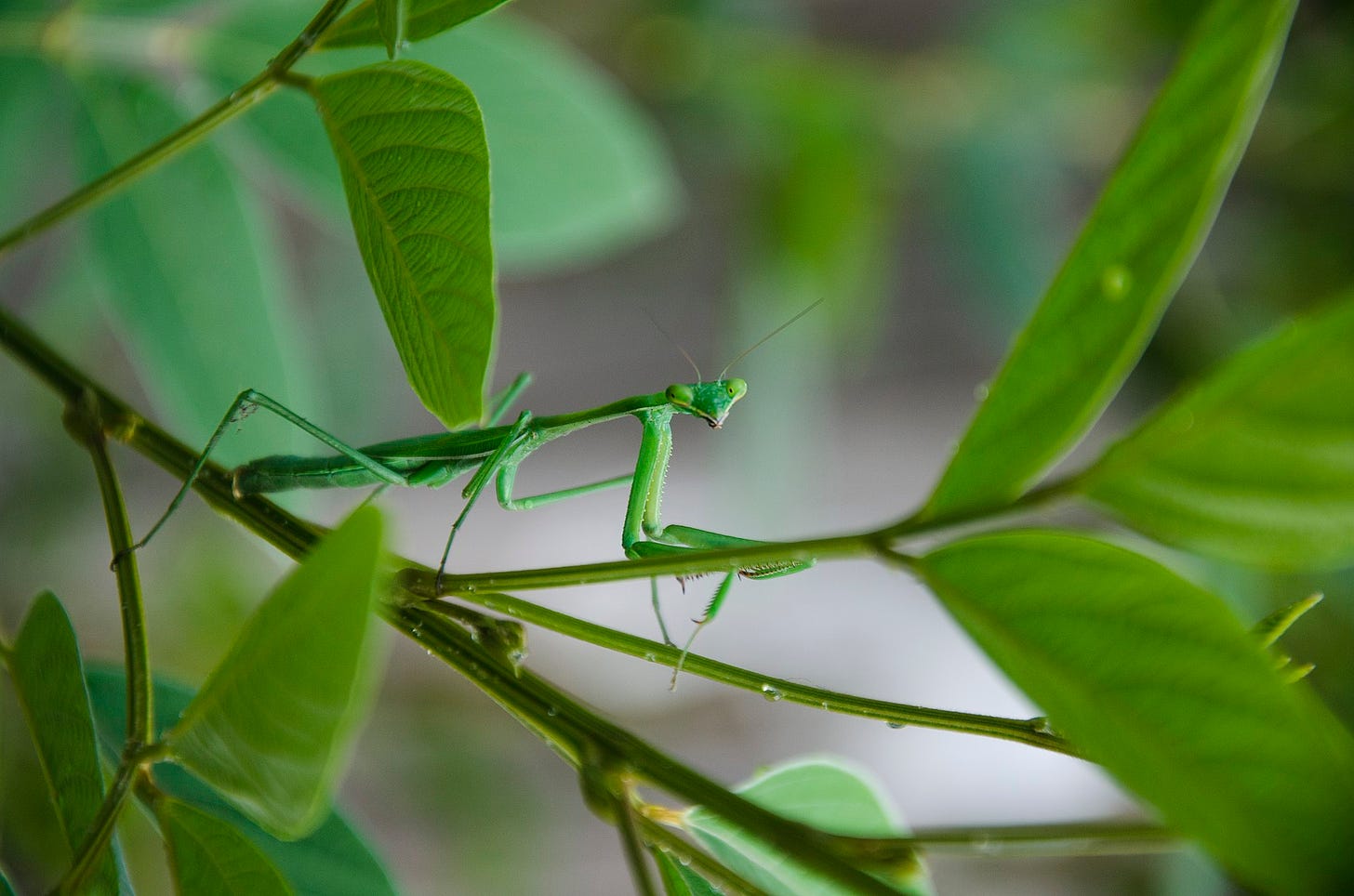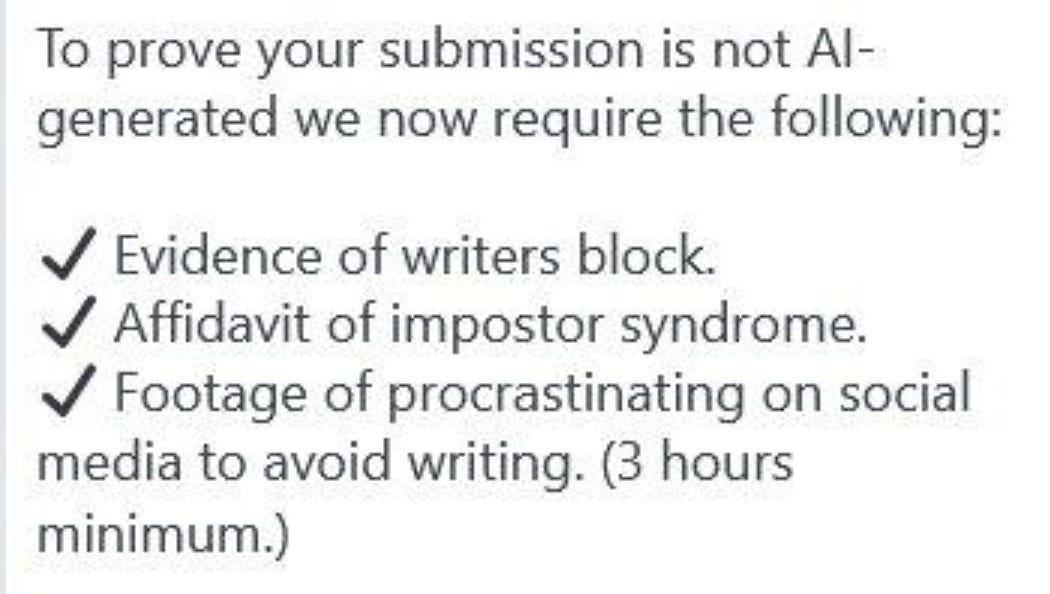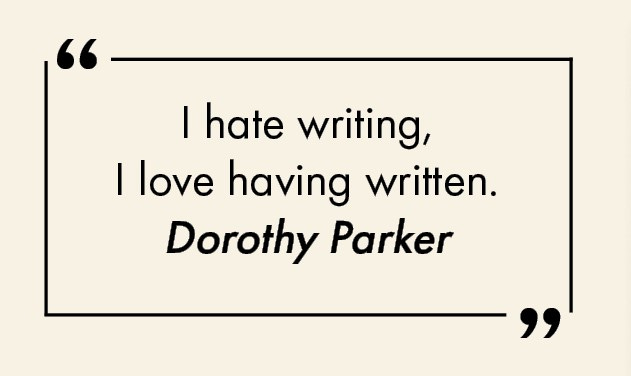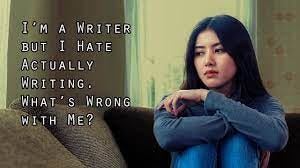One thing we often forget about childhood is just how small we are as children, and to the extent that we do remember, it’s an issue of what you can and can’t reach at that age, of looking up. The head is the seat of our perception and as it moves upwards our perspective radically changes, visually and in a deeper sense too. The obverse is important too, not just that which we cannot reach but those things that are so low and thus so close that we can’t ignore them. Being low to the ground is core to childhood. Children like to talk about worms; they live in a world of dirt and asphalt, their hands are always wet. Their mental life evolves in light of the nearness of the corporeal world, the world of things. Their nursery rhymes tell stories about beasts and wood. Their classrooms are festooned with images of animals, abstracted, made palatable for young eyes. Their world is visceral and new. They touch things just to touch them, to feel how feeling feels.
When I was young I would look up at the stars, and though they were enticing they were also cold and alien, and they made me feel alone. But I would also dig around in the dirt beneath my knees and find bugs, crawling and jittery, and I would observe that some were the same and some were different. And I said, “I can’t number the stars, but I will learn to count the bugs, I will know each from each, I will learn their names and that will be my lonely power, my only expertise.” I did not know what an entomologist was. I knew only that there were bugs beneath the ground which otherwise seemed stubborn and impenetrable to me, and every time I raked a stick across muddy earth I was surprised to see I had left an impression. In the backyard of our house ran a length of path made out of thin wide stones, slate grey, and I would pry them loose and shriek at the masses of rollie-pollies that clung to them or lay rhythmically convulsing there in the shadow of moisture left behind. Once we played hide and seek in the fields behind our property line, and in desperation I approached the great weeping willow that stood proud in a clutch of trees and slipped between its long delicate pendulous branchlets that hung down and brushed the soil, and I tried to stand just as tall and green and waver in the wind in just the same way, the motion that signals motionlessness. I hid.
And after standing there for too long, wanting to be caught so that the seeker could be impressed by my cleverness, I glanced over and saw that a praying mantis had fallen on my shoulder, on my tiny shoulder. It gazed at me with cool intent, with committed indifference, its cartoonish eyes studying me, and I was not shocked or afraid, but then it moved its head and the movement was alien, jerking, like it was recorded in the wrong FPS, and I screamed and ran and lost the game. In fifth grade my teacher, a kindly old Republican that made us recite poetry and led us into the woods behind school to show us where George Washington once rode, told me that “scientist” is not a job. Anyway, I fell out of love with bugs.
Still, I have staked my professional life on the same proposition - that I can tell each from each. That I can name even the parts of the world that I don’t understand, can’t even really navigate. That’s the purpose I have left, the naming of parts. We’re trying to have a child. And I would like to be good to those around me, to my family and close friends. I would like to be useful to others, if and when and where I can. But beyond that, I want only to know, to understand, and perhaps to help others to know and understand. I want to call things by their right names, like Confucius said. And perhaps to do so beautifully, from time to time, in a way that provokes surprise, and every once in awhile to hang mundane words with the kind of mystery that makes the white spaces in a page seem more teeming and bountiful than the good red Earth. I’m sure many people would call that pretentious, but I’ve only got this one life, it’s halfway over, and since I have to spend it doing something, I might as well take that something seriously.
And, you know, I love to do it. When I’m cooking and when I’m struggling, I love writing. I love the process. I love the research. I like grinding the same stone, over and over again. There was a period of my life, not a very long one, when I had left college and I was doing nothing but sitting in my apartment all day, practicing guitar while I watched television. At the time I was very interested in playing scales and developing lead guitar technique, playing fast, learning the modes and such.... I got pretty good. I have limited natural talent for guitar, but at the time, since I was practicing obsessively, I couldn’t help but pick up a few skills. What I liked, though, what I wanted, was to play just at the outside edge of my ability, to play just a little bit faster than I had a right to, to be forever on the bleeding edge of what I could do, to feel like the guitar was something just so slightly out of my control, to get to the note, but to just barely, just barely get there. That’s how I like to feel when I write, too. And with writing, my natural talent is not limited.
For as long as I can remember, these complaints - writer’s block, imposter syndrome, procrastination - have been key elements of writerly self-deprecation. They’re ubiquitous. And, in a sense, the author is correct to suggest that these are tools for identifying those humans who define themselves as writers. Get writers together in a room and soon they’ll be competing to be the one who likes writing the least. But none of it ever meant anything to me. I find the constant invocation of not-writing as core to the writer’s life to be self-indulgent and annoying, whether coming from the heights of literary success, whatever that might now mean, or from a complete amateur. No one is impressed that you ostentatiously struggle to write. Being a writer is hard because it’s hard to earn enough money to live. Writing, itself, is not hard. Not like digging ditches. It can take effort and focus and discipline, sometimes, and doing it particularly well is difficult in the sense that it’s a hard thing to achieve. But nobody not in the profession weeps any tears about how hard of a job writing is, nor should they. And I’m sick to death of this bizarre affectation that a writer is that creature that hates writing the most. I love to write; that’s why I have sacrificed to make it my profession. I have ample problems as a human and some as a writer. But I have never had writer’s block. I have never experienced imposter syndrome. I rarely procrastinate and when I do I recognize that as a situation entirely under my own control.
I like writing. I’m indifferent to the feeling of having written.
I wish people would drop this act; it’s corny and tiresome. If you don’t enjoy the process itself, writing itself, then I don’t know why you’d bother to do this for a living. What are you getting out of writing if you don’t like writing? Certainly not a lot of money. You’re free to say that I’m overreacting to a harmless cultural quirk of people who write, but I am quite tired of it and find it an actively destructive impulse. It exaggerates the burdens of a way of life that’s quite pleasant if you’re lucky and talented enough to secure it, it teaches young writers that to belong to the category of writer you must constantly evince distaste for the act of writing, and it serves as a floating excuse for not working - hey, every writer hates to write, so if I dick around all day is just me being a real writer! It’s snide. It’s performative. I’m not a fan. I know a lot of people who work jobs that are objectively much harder than being a professional writer, and they don’t talk this way; many of them find a way to love their jobs even if they’re ambivalent about the path that led them there. As for hobbyists, I know a lot of people who like gardening or snowboarding or knitting, and I have never known any of them to moon on about how hard it is to find the motivation to garden or snowboard or knit. That would be weird! Because they could just do something else. You can do something else.
But are you a writer? I guess it’s possible that this whole subculture arose entirely from people who make enough money for it to be their livelihood but hate the process, but… that seems unlikely. Anyway, if you hate the practice of the thing itself and you’re just doing it for money, you’re not any different from anyone else who works a job they don’t much like, people taking a seasonal gig in retail. Those people, however, tend not to identify with those shitty jobs, and look forward to the next thing. They are precisely not the types to romanticize the profession while disdaining the work. So why write if you hate writing? The more likely reality is that a lot of people just like the sound of calling themselves writers, as it’s a profession that still somehow maintains some cachet and outsider cool factor. I’m not going to sit here and make the argument I’ve made many times before about the basic economics of writing as a profession. But you could do literally anything else, if you dislike the process so much. Or you could write, as an amateur or a professional, and join a noble enterprise that’s as almost as old as civilization. If you do that, why not try and enjoy it a little bit?
As a writer, you can make counting bugs your profession; you can name the stars for a job. If you’re good enough, someone might actually read it.








In my experience writing, there is a nebulous thing inside your head that you want to express, and then there is the stuff you have put down on paper for the rest of world to see. And there is often an acute awareness that there is a pretty large gulf between the two. And that’s somewhere between uncomfortable and painful.
I always assumed that people describing their personal dissatisfaction with writing are describing this effect. I think the fact that these people keep writing despite that, speaks to their love of writing.
With respect: This is annoying. It's great that writing is breezy and purely joyful for you, but I promise you that for many of us whose jobs in some way involve writing, our struggles with process are not an affectation.
I grant you that "i hate writing!" Twitter shit is annoying too, but all Twitter shit is annoying. It's more accurate to say that my relationship with writing is deeply ambivalent. I love many parts about writing, but I also feel a continual, gnawing frustration at my own limitations. Sometimes it really is just miserable for me-- but sometimes, when it works, it delivers a satisfaction I can get nowhere else. That's why I keep pursuing it, haltingly: Not because it's painless, but because it feels somehow necessary despite the pain.
I don't really know why it feels necessary. I've often thought that it'd be wise to try hard to divest myself of the desire for writing altogether, given that my natural talents don't seem to lie in that area (or at least given that it really is a struggle for me to do it). But that's also depressing and feels like giving up on something meaningful. (Plus, it's hard to change careers, etc.)
"But nobody not in the profession weeps any tears about how hard of a job writing is, nor should they." Eh, not true. I've often heard non-writer friends express similar feelings when they're thrust into the position of needing to write for public consumption (that is, ambivalence: excitement at writing but also discomfort and anxiety). And there are also many writing-intensive jobs in which the point is not the prose per se, but communication -- many straight news journo jobs fall in this category.
It's just really not the same as knitting or snowboarding or whatever, because those things aren't key to *being human* in the way that communication and expression of thought and feeling are. I think a better comparison would be to something like cardio exercise, which is very hard for many people but also feels painfully necessary. I, personally, find running to be freeing and easy and fun -- something I can do without thinking too much about, something that's good and good for me. I am grateful that I lucked into a body that allows me to do that. But I don't think that people who have a hard time running but keep pursuing it are, like, affecting their struggles.
tldr: Whining about writing is annoying bc all whining is annoying, but the feelings of struggle are real and legit and I'd ask you kindly to not dismiss them. OK, now I'm going to go back to trying to write the bullshit thing I've been putting off for the last hour.